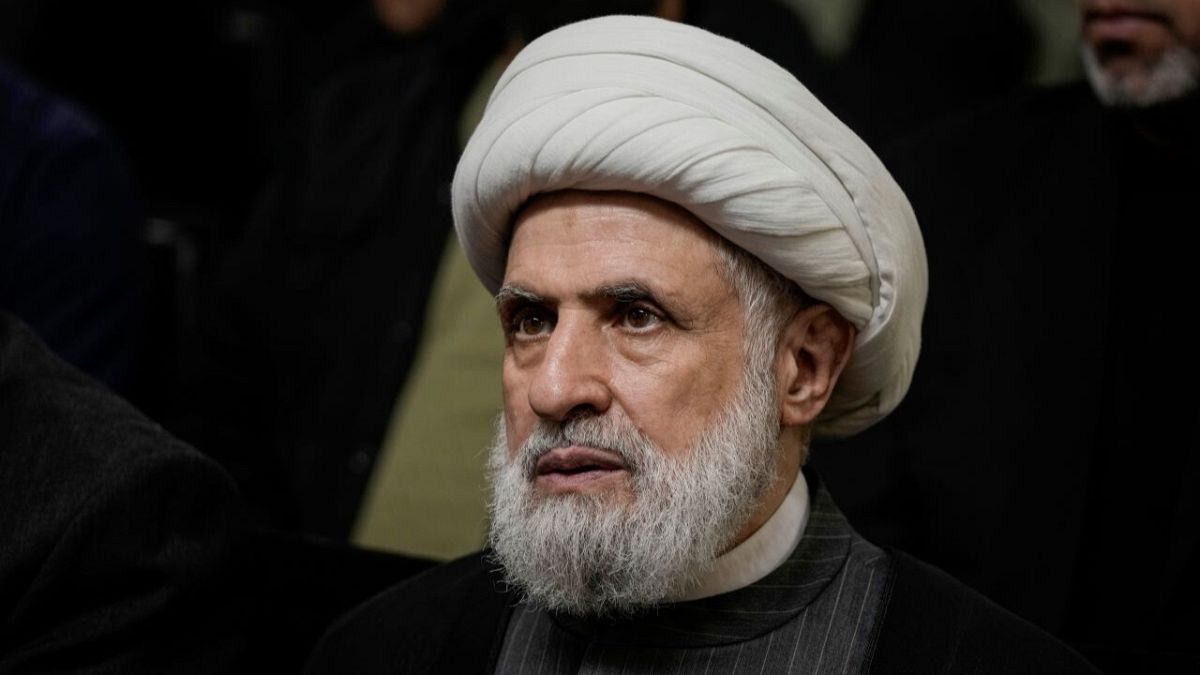Bid to crack down on shirkers in UK’s House of Lords
Stricter attendance rules could result in 100 members being booted out of the Lords.
LONDON — The British government is facing mounting calls to exclude members of the House of Lords who rarely attend or take part in debates.
Members of the U.K.’s upper chamber will get their first chance to debate the Hereditary Peerages Bill on Wednesday.
The bill would end the current arrangement under which 92 people are eligible to sit in the Lords as a result of their inherited titles. It’s part of a wider program of political reform by Britain’s recently-elected Labour government.
More than 100 members have signed up to speak in the mammoth debate, which will set out battle lines for amending the bill as it makes its way into law.
One proposal which is already gathering cross-party momentum is the introduction of stricter attendance requirements — meaning peers would need to show up for 10 percent of sitting days or face expulsion.
Currently, members of the Lords — known as peers — are only required to turn up at least once during a parliamentary session. There have been many reports over the years of peers claiming attendance expenses while rarely or never taking part in parliamentary business.
Charles Hay, known as the Earl of Kinnoull, who leads the crossbench peers’ group, told POLITICO: “It’s very annoying for all of us who work hard at the thing to have some people who turn up once a year and not actually do any of what the writ of summons says they should do.”
He estimates that enforcing such a rule could reduce the size of the unwieldy and ever-growing upper chamber by around 100 peers.
Keeping it tight
Ministers appear keen to constrain the bill to its headline purpose, as demonstrated by the decision to ditch plans for a wholly elected House and mandatory retirement at 80.
A senior government official said: “It’s quite a short and tightly drafted bill, and focused on completing what was started 25 years ago” — a reference to Lords reform under Tony Blair, who expelled most hereditary peers from parliament.
However, ministers are likely to face significant pressure on the question of participation because a clampdown enjoys cross-party support and featured in the Labour Party’s election manifesto.
Angela Smith, the leader of the Lords, known as Baroness Smith of Basildon, said recently she would “welcome” suggestions on how to ensure peers participate effectively.

The popular perception of peers as cronies who draw expenses while doing very little is seen by Keir Starmer and those around him as contributing to a wider sense of disillusionment with politics, according to one Cabinet minister.
The bill will face a raft of other amendments with varying degrees of likelihood of success.
Hay also predicted there would be a concerted push to legislate for compulsory retirement at 80, rising to 85 for those who have served less than ten years.
Harriet Harman, a former long-serving MP and minister recently elevated to the Lords, confirmed to POLITICO she would be tabling an amendment to remove the 26 places in the upper chamber currently reserved for Church of England bishops.
“There’s nobody who can justify, in 2024, people coming into our legislature in order to scrutinize legislation with their admission being based on ordination in the Church of England,” she said.
Some other Labour backbenchers want to see the body that approves appointments to the Lords put on a statutory footing, while Conservative peers are proposing that the end to hereditary peerages should be delayed to the next election.

At the same time, Conservatives in the Lords have been accused of obstructing government legislation while the threat of losing 46 of their number — who are hereditary peers — hangs over them.
Lords insiders highlighted that the government’s Football Governance Bill was being subjected to an extra-long committee stage of six days, usually reserved for major pieces of institutional or constitutional reform.
The same government official quoted above said it was “clearly an attempt by some opposition peers to talk long on a couple of other bills of late.”
One crossbench peer granted anonymity described it as “silly antics” but warned it could have a serious impact. “It’s an incredibly heavy legislative program, and here we are six months into the session, and we haven’t got to any of the meaty ones [bills] yet.”
The Conservative Party was contacted for comment.
What's Your Reaction?



















































